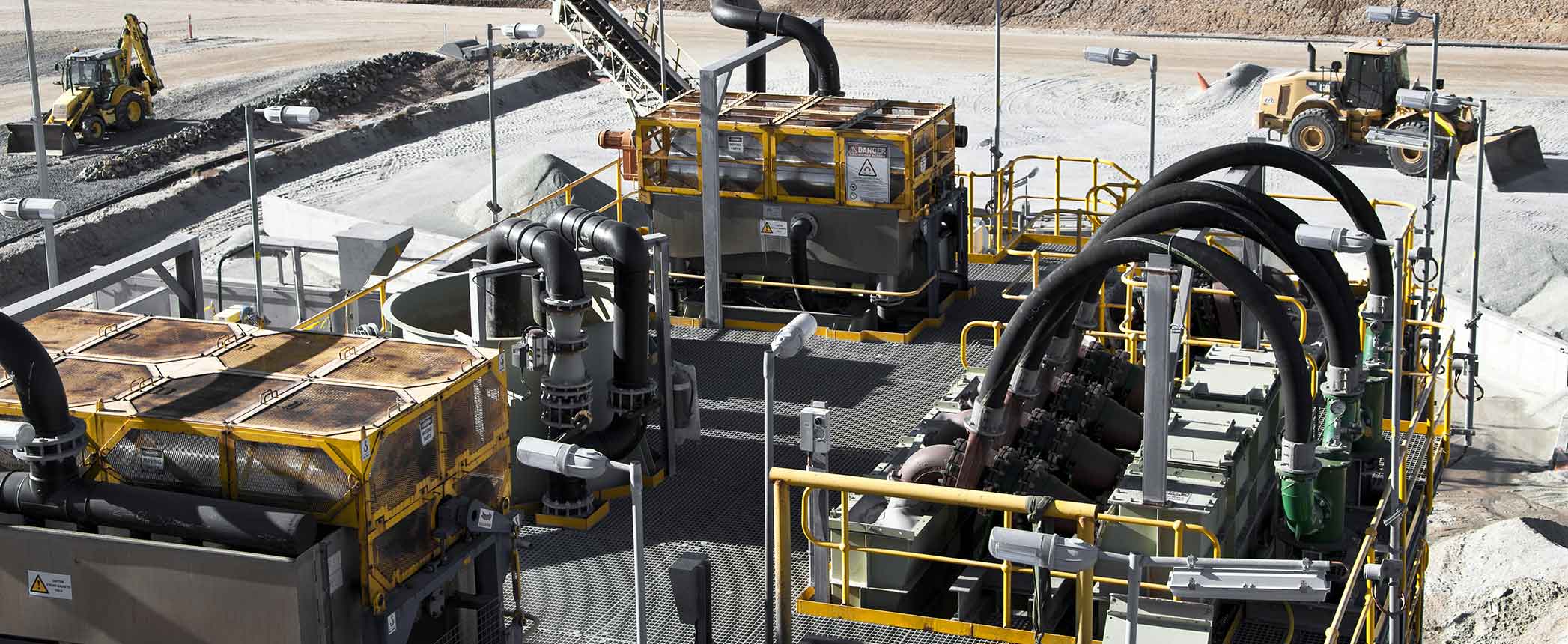
Elbow room in Western Australia’s lithium mining business is shrinking with the entrance of U.S. company Albemarle.
Albemarle Corp. and Mineral Resources Ltd. agreed in November 2018 to enter exclusive negotiations for the formation of a joint venture to develop a large lithium mine in Western Australia.
Albemarle, one of the world’s largest suppliers of lithium derivatives, said the deal reflects a shift toward lithium hydroxide as the form of lithium preferred for electric vehicle batteries.
Lithium is generally obtained from two types of resources: brine pools and hard rock mines. The material harvested from brine is most often processed into lithium carbonate, while mined material is usually processed into lithium hydroxide.
Officials of United States-based Albemarle said the company recently tabled plans to expand a lithium brine operation in Chile and to focus on projects such as the deal with Mineral Resources because demand is shifting toward lithium hydroxide.
“We’re seeing a significant acceleration in the demand for lithium hydroxide,” Albemarle CEO Luke Kissam said during a Nov. 8 earnings conference call. “So we need to address that.”
Both forms of lithium can be used to make the lithium-ion batteries that power electric vehicles. Lithium hydroxide costs more but is becoming more favored because it can more efficiently be processed into cathode, which is seen as key to raising battery performance.
The agreement between Albemarle and Australia-based Mineral Resources gives the companies six months to hammer out details of a 50-50 joint venture that would own and operate the Wodinga mine in Western Australia’s Pilbara region. Albemarle would spend U.S. $1.15 billion for its stake in the project, which includes construction of a processing plant at the site. Officials said the project would eventually produce 100,000 metric tons per year of lithium hydroxide.
Lithium demand is skyrocketing to meet the rapid increase in EV sales. Albemarle currently extracts lithium from mines in Australia and the U.S. and from brine taken from the Salar de Atacama salt flats in Chile. Earlier in 2018, the Chilean Nuclear Energy Commission, which oversees sales and exports of lithium in Chile, rejected Albemarle’s application for a permit needed as part of a plan to increase output of lithium carbonate at Salar de Atacama from 80,000 t/y to 140,000 t/y.
Albemarle officials downplayed that rejection during their November conference call, saying the commission was waiting for the company to demonstrate a new technology intended to improve the efficiency of lithium extraction from brine. If successful, that technology would reduce the amount of brine that Albemarle needs to draw for the expansion.
Kissam said it was shifting demand patterns, not the commission’s decision, that led Albemarle to halt its expansion plan in Chile.
“We’re going to put it on the shelf and continue to monitor the market and our customers,” he said.

Sorry, a technical error occurred and we were unable to log you into your account. We have emailed the problem to our team, and they are looking into the matter. You can reach us at lubesngreases@omeda.com.
Click here link to homepage